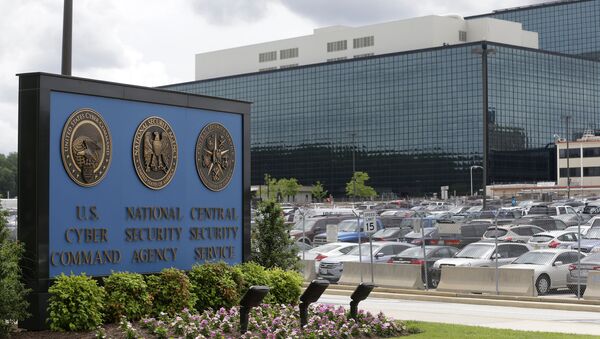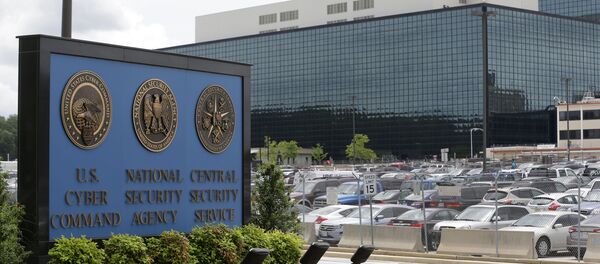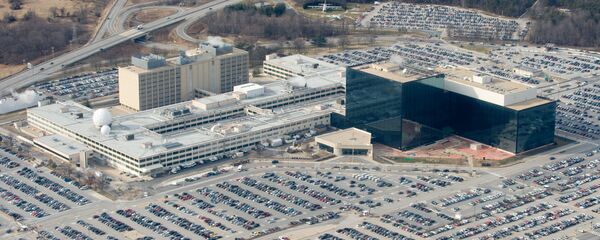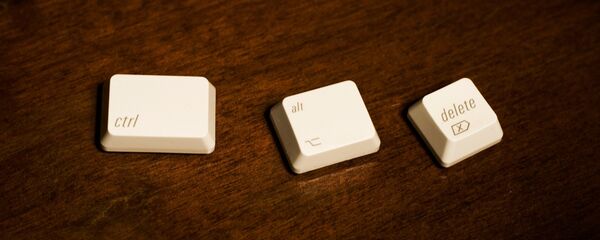The NSA destroyed surveillance data it pledged to preserve in connection with pending lawsuits and appeared not to have taken some of the steps it told a US federal court it had taken to make sure the information was not destroyed, Politico reported last week.
The NSA was under court order to hold on to information that was linked to warrantless wiretapping during the George W Bush administration, but instead the agency got rid of data it had been specifically asked to retain, according to US media reports.
Institute for Public Accuracy Communications Director Sam Husseini said on Friday that the NSA’s defiance of due legal process echoed previous institutional behavior by the other US intelligence agencies.
"This reminds me of the CIA ‘accidentally’ destroying videos of torture,’" he said. "Some have made an issue of videos of torture being destroyed."
It had been widely assumed that the CIA destroyed such records simply because of the potentially graphic nature of the abuse, Husseini acknowledged.
"But there’s another distinct possibility: They were destroyed because of the questions they document being asked," he said.
Husseini queried whether the US interrogators before the 2003 invasion of Iraq had only asked their subjects what they knew of future terrorist attacks or whether they had actually used torture techniques to try and compel their subjects to confirm that Iraq and al-Qaeda were working together.
"The video evidence to answer that question has apparently been destroyed — with barely anyone raising the possibility of that being the reason," he observed.
NSA UNLIKELY EVER TO FACE PUBLIC INQUIRY
"It is highly unlikely that anyone at the NSA will be ever be held accountable for deleting internet traffic content," he said.
The Justice Department rarely turned on spies who aligned themselves with the establishment's agenda, Blunden noted.
"Institutional leaders who play fast and loose with the rules — people like [ex-CIA directors] John Brennan (spying on the US Senate) and David Petraeus (leaking classified information), and [ex-NSA Director] Michael Hayden (warrantless surveillance) — almost always have a soft landing," he said.
The NSA’s claim that the interrogation records had only been destroyed accidentally provided further protection to shield those who did so from future inquiries or prosecution, Blunden pointed out.
"In this case, the destruction of evidence was ostensibly an ‘accident,’ making prosecution even more unlikely. Recall how, back in 2005, CIA officer Jose Rodriguez secretly ordered the destruction of close to 100 videotapes showing the torture of black site detainees," he said.
Rodriguez was never prosecuted, in part because the Military Commissions Act of 2006 granted immunity to CIA operatives involved in the torture program, Blunden recalled.
"The fact that Rodriguez was totally unrepentant during interviews with the media is an indicator of his standing with the American power structure. In his mind he was a soldier merely following orders," he said.
"Burn bowls, used to dispose of paper hard copies, have been a CIA staple since the agency was formed… They launch covert operations with the expectation that at some point in the future all possible links will need to be eliminated," he said.
In the early 1990s CIA director James Woolsey promised to release classified documents describing the 1953 operation to overthrow the democratically elected government of Iran, Blunden remembered.
However, "Woolsey's empty promises were a public relations stunt. The bulk of the CIA's files on the program had been destroyed in burn bowls decades earlier," he said.
Today, the CIA employs moved to industrialized shredders that can consume hard drives, optical media, cell phones and entire laptops," Blunden commented.
"One sales brochure that I've read exclaims: ‘Shreds up to 30 hard drives per minute (up to 2,000 per hour),’" he said.
Deniability was a central tenet of the US intelligence community's special activities, Blunden concluded.




